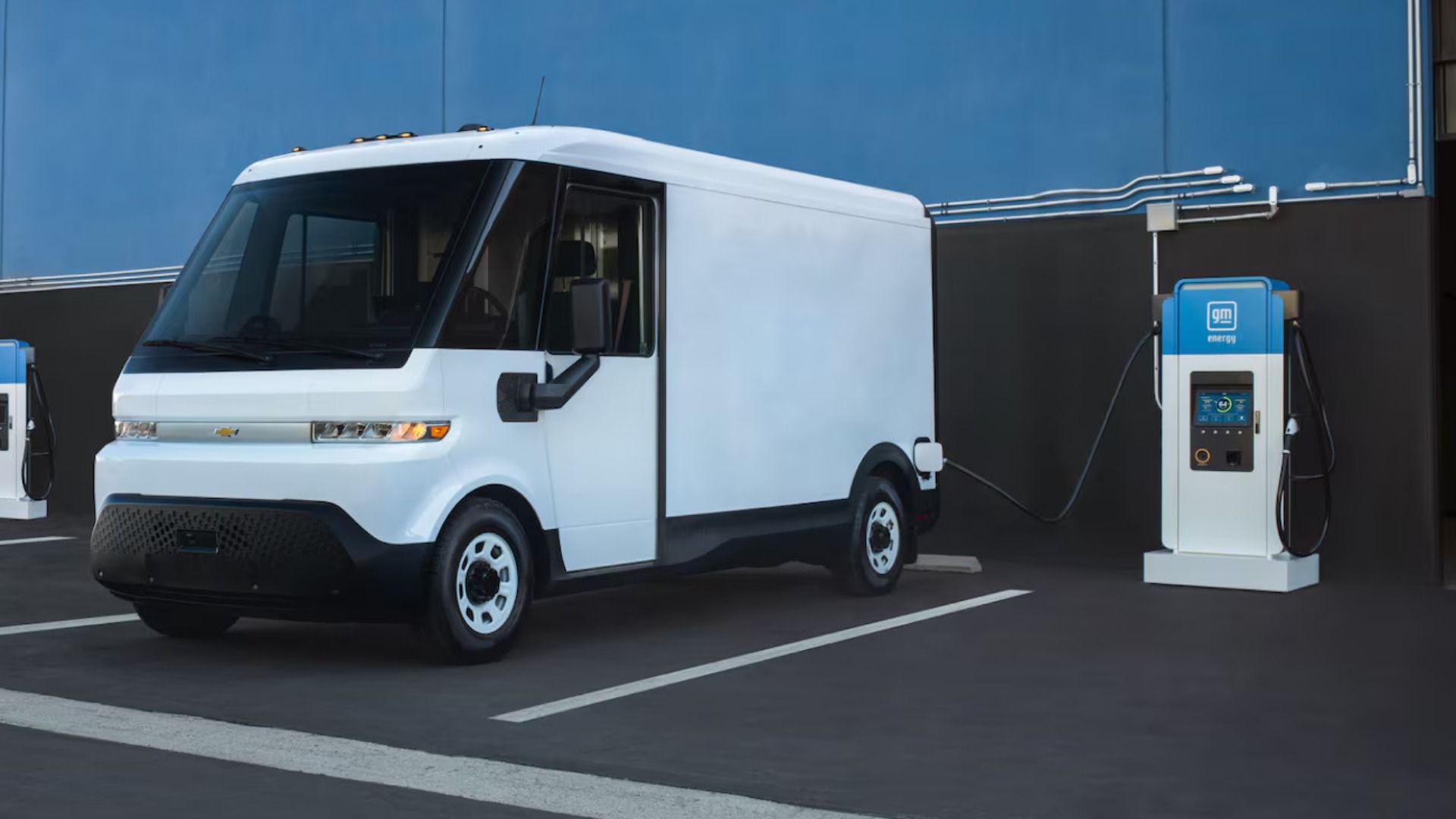The Future of Electric Vehicle Charging Technology
The Future of EV Charging Technology as the world accelerates toward a more sustainable future, electric vehicle charging technology is poised to play a pivotal role in the transformation of transportation. With the rise of electric vehicles (EVs) comes an increasing demand for faster, more efficient, and greener charging solutions. The next generation of electric vehicle charging technology promises to meet these challenges, revolutionizing the way we charge EVs and bringing us one step closer to a fully electrified transportation ecosystem.
This article delves into the exciting innovations in electric vehicle charging technology, highlighting what the future holds and the ways in which these advancements will change the landscape of EV ownership.

The Evolution of Electric Vehicle Charging Technology
Before exploring the future, it’s important to understand how electric vehicle charging technology has evolved. In the early days of electric vehicles, charging was a time-consuming and inefficient process. The first generation of chargers was slow and often required specialized installations, limiting the convenience of EV ownership.
Over time, however, the technology improved significantly. The development of Level 1, Level 2, and DC fast chargers has made charging EVs more accessible. Level 1 chargers are standard home outlets, while Level 2 chargers provide faster charging times, making them ideal for home installations. DC fast chargers, meanwhile, offer the quickest charging solution, allowing EVs to charge up to 80% in less than 30 minutes.
Despite these advancements, the demand for faster, smarter, and greener charging solutions continues to grow. As the number of EVs on the road increases, so does the need for charging infrastructure that can support this growth while reducing environmental impact and enhancing user experience.
The Future of Electric Vehicle Charging Technology
The future promises charging solutions that not only provide lightning-fast charging times but also feature intelligent systems that optimize energy usage and integrate seamlessly with the broader energy grid. Let’s take a closer look at some of the innovations that will shape the future of EV charging.
1. Ultra-Fast Charging: Reducing Charge Time to Minutes
One of the most anticipated developments in electric vehicle charging technology is ultra-fast charging. The current generation of DC fast chargers can charge an EV up to 80% in approximately 30 minutes. However, engineers are working to develop chargers capable of delivering an even faster charge, potentially reducing charging times to as little as 5 to 10 minutes.
This leap in charging speed will make electric vehicles even more convenient, addressing one of the most significant concerns among potential EV buyers: charging time. With ultra-fast chargers, drivers will be able to quickly top up their vehicles during a coffee break or a short pit stop, minimizing downtime and making EVs a more practical option for long-distance travel.
2. Wireless Charging: The Convenience of Cable-Free Charging
Wireless charging, or inductive charging, is another groundbreaking advancement in electric vehicle charging technology. By using electromagnetic fields to transfer energy between a charging pad on the ground and a receiver on the vehicle, this technology eliminates the need for physical cables.
Wireless charging offers convenience, as it removes the hassle of plugging and unplugging cables. Imagine driving your EV into a parking space and having it automatically charge without any physical connection. This level of convenience could lead to greater adoption of EVs, as users would no longer need to worry about the intricacies of plugging in their vehicles at every charge.
Wireless charging could also be integrated into public transportation systems and roadways, with charging pads embedded into roads. As a result, vehicles could charge while driving, further reducing the need for dedicated charging stations.
3. Smart Charging: Optimizing Energy Usage with Artificial Intelligence
As the demand for electric vehicles grows, so does the strain on the energy grid. To address this, electric vehicle charging technology is becoming smarter. Intelligent charging systems powered by artificial intelligence (AI) will play a key role in balancing supply and demand, optimizing energy usage, and reducing grid congestion.
Smart charging systems allow EVs to communicate with the grid and adjust charging times based on energy demand. For instance, these systems can prioritize charging during off-peak hours when electricity rates are lower, or when renewable energy sources, such as solar or wind, are abundant. AI can also predict when an EV will be needed and ensure the battery is charged accordingly, preventing unnecessary energy consumption.
Beyond energy efficiency, smart charging will enhance the user experience. By integrating with home automation systems, smart chargers can monitor energy consumption, schedule charging times, and even integrate with solar power systems to provide an eco-friendly charging solution.
4. Bi-Directional Charging: Turning EVs into Energy Storage Devices
One of the most innovative concepts in electric vehicle charging technology is bi-directional charging. This technology allows EVs to not only receive energy from the grid but also return energy to it. In other words, EVs could act as mobile energy storage devices, supplying power back to homes or even the grid when needed.
This capability has enormous potential for enhancing energy resilience, particularly in the event of power outages or peak energy demand periods. For example, if a home’s energy supply is disrupted, the EV’s battery could serve as a backup power source, providing electricity to the household. Similarly, during periods of high demand, EVs could return excess energy to the grid, helping stabilize the system and ensure a more efficient distribution of resources.
Bi-directional charging is a key piece of the puzzle in creating a more sustainable and decentralized energy grid, where consumers can actively participate in energy production and distribution.
5. Sustainable Charging Infrastructure: Greening the Charging Experience
As the push for greener technologies intensifies, electric vehicle charging technology is also evolving to be more environmentally friendly. While EVs themselves are considered a clean alternative to traditional vehicles, the energy used to charge them must come from renewable sources to truly minimize their carbon footprint.
The future of EV charging will see more charging stations powered by renewable energy, such as solar and wind. Solar-powered charging stations, for example, will allow EVs to charge using energy generated from the sun, reducing reliance on the grid and contributing to a cleaner energy future. Additionally, charging stations may incorporate energy storage systems, such as batteries, to store excess renewable energy for use during periods of high demand.
Charging infrastructure will also be designed to be more energy-efficient, using smart grid technology to reduce waste and ensure that charging stations operate at optimal efficiency. This focus on sustainability will make EV charging a cleaner, greener experience for users and contribute to the overall reduction of greenhouse gas emissions.
6. V2G (Vehicle-to-Grid) Technology: Revolutionizing Energy Systems
Vehicle-to-grid (V2G) technology is another key component of the future of electric vehicle charging technology. V2G allows electric vehicles to interact directly with the grid, offering a seamless exchange of energy between the two. With V2G, electric vehicles can store excess energy during off-peak times and discharge it back into the grid when demand is high.
This two-way flow of energy will provide more flexibility to the grid and help stabilize it during peak periods. Additionally, V2G can enable EV owners to sell excess energy back to the grid, turning their vehicles into a potential source of income. By integrating V2G systems, the charging infrastructure becomes more than just a place to fuel EVs; it transforms into a dynamic, energy-sharing network that supports the transition to a sustainable energy future.
7. Ultra-Compact Charging Stations: Charging Anywhere, Anytime
In the future, electric vehicle charging technology will make charging stations more accessible by creating ultra-compact and portable charging units. These small, lightweight chargers will allow EV owners to charge their vehicles at home, on the go, or at public locations with minimal infrastructure.
This innovation could include foldable charging units or compact chargers that can be plugged into standard outlets, providing a flexible solution for those without access to a dedicated charging station. The portability of these chargers will make it easier for EV drivers to find charging opportunities wherever they are, reducing range anxiety and ensuring greater convenience.
8. Universal Charging Standards: Simplifying the Charging Experience
As the EV market continues to grow, the need for standardization across electric vehicle charging technology becomes increasingly important. Today, charging standards vary by region, manufacturer, and charging station provider, creating confusion for consumers. The future will see the emergence of universal charging standards that allow all EVs to use the same charging infrastructure.
This standardization will simplify the charging experience, enabling drivers to use any charging station, regardless of vehicle make or model. With fewer compatibility issues and a more streamlined user experience, consumers will be more likely to adopt electric vehicles, knowing they have access to a reliable and consistent charging network.
The future of electric vehicle charging technology is brighter than ever. From ultra-fast charging and wireless solutions to smart, bi-directional, and renewable-powered systems, the next generation of charging technologies will make EV ownership more convenient, efficient, and sustainable.
As these innovations continue to evolve, they will not only transform the way we charge our vehicles but also contribute to the development of a more sustainable, decentralized, and resilient energy grid. The road ahead for electric vehicles is filled with promise, and the future of charging is key to unlocking the full potential of this exciting new era in transportation.
By embracing these new technologies, we can ensure that the transition to electric mobility is as seamless and impactful as possible, paving the way for a cleaner, greener future.








